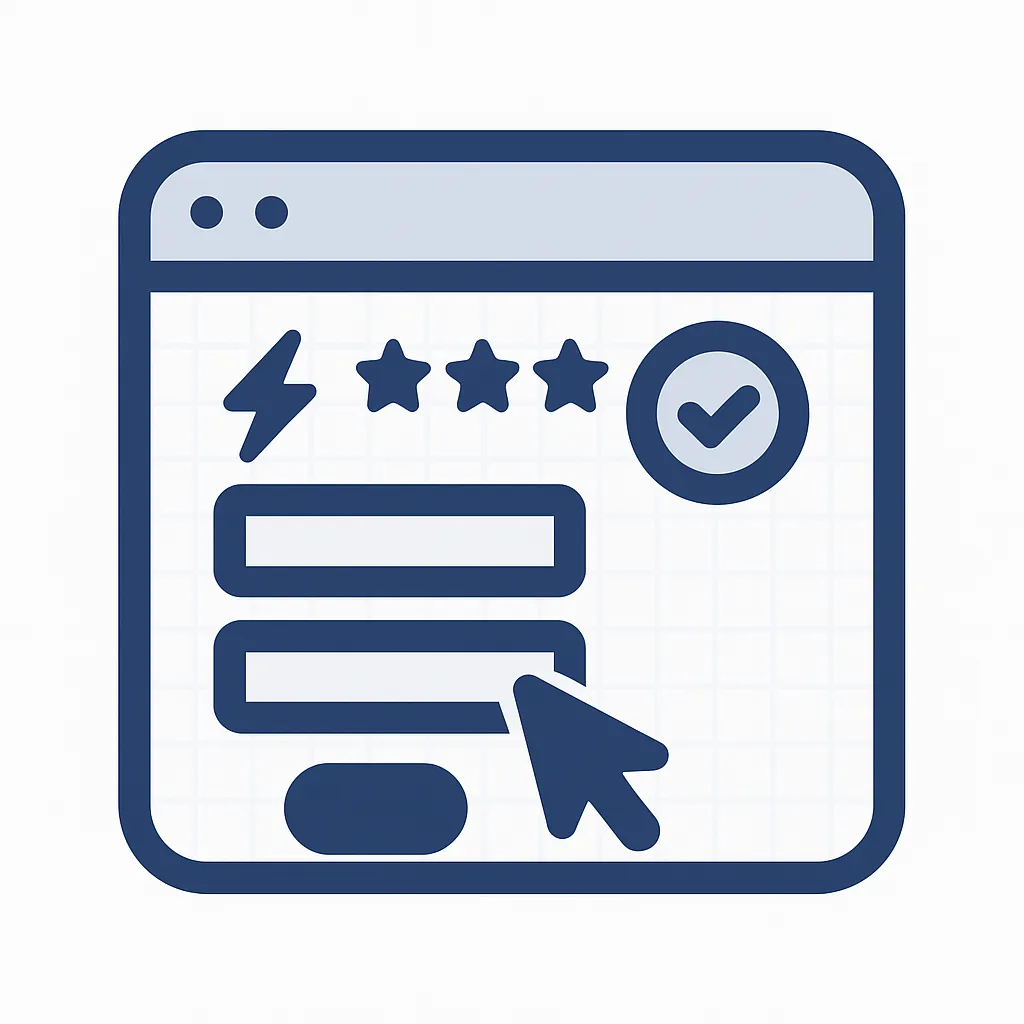
Kept-Appointment Economics
“Booked isn’t a business result—kept is.” — Dependable Consulting
Introduction:
CPL makes you feel busy; CPA-kept makes you profitable. This article reframes your math around kept appointments, shows how to model it, and connects the levers inside GoHighLevel that actually move revenue.
1. Define the metric that matters
CPA-kept = spend / kept appointments. It forces accountability across media, funnels, show rate, and sales follow-through—no more victory laps for empty calendars.
2. Build the model (inputs and outputs)
Inputs: CPL, book rate, show rate, close rate, AOV/LTV. Outputs: CPA-kept, CAC, and payback window. Use confidence bands to see when you’re guessing vs knowing.
3. Guardrails and kill rules
Pre-set green/yellow/red thresholds for CPA-kept and payback by offer and channel. Pause losers automatically and recycle budget to likely winners.
4. Raise show rates with sequencing
Confirm instantly, remind smartly, and clarify prep. Use channel-mix (email/SMS/VM) and timing tuned to time-zone and cadence to reduce no-shows.
5. Rescue no-shows without ruining attribution
Trigger a “rescue” path with fast re-booking links and credibility assets. Track re-activation so credit goes to the right source.
6. Connect the math to your CRM events
Map booked, confirmed, rescheduled, no-show, kept, and closed to dispositions and stages. This is how your model becomes ground truth, not a spreadsheet fantasy.
7. Reconcile platform claims with CRM reality
Compare ad-platform conversions to CRM events weekly. Feed qualified offline events back to platforms to tune the algo without junk signals.
8. Run a weekly revenue stand-up
Review CPA-kept by source, show-rate drivers, and capacity. Adjust offers, routing, and spend with a single view everyone trusts.
Other resources to help you get started with kept-appointment math
Show-Rate Engine (Confirm & Rescue) (what to change and when)
SLA Enforcement & Escalation (honest speed-to-lead)
Demand Gen Attribution Framework (how to apportion credit)
Offline Conversions Feedback Loop (close the loop with ad platforms)
Pipeline Insights & Forecasting (capacity-aware decisions)
Start your own economics checklist:
Write the model (inputs: CPL, book, show, close, AOV/LTV; outputs: CPA-kept, CAC, payback).
Define green/yellow/red thresholds by offer and channel.
Instrument GHL events for booked/confirmed/no-show/kept/closed.
Implement confirm/reminder/rescue sequences and measure deltas by source.
Reconcile platform vs CRM weekly and sync qualified offline conversions.
Review capacity and throttle traffic or expand calendars as needed.
